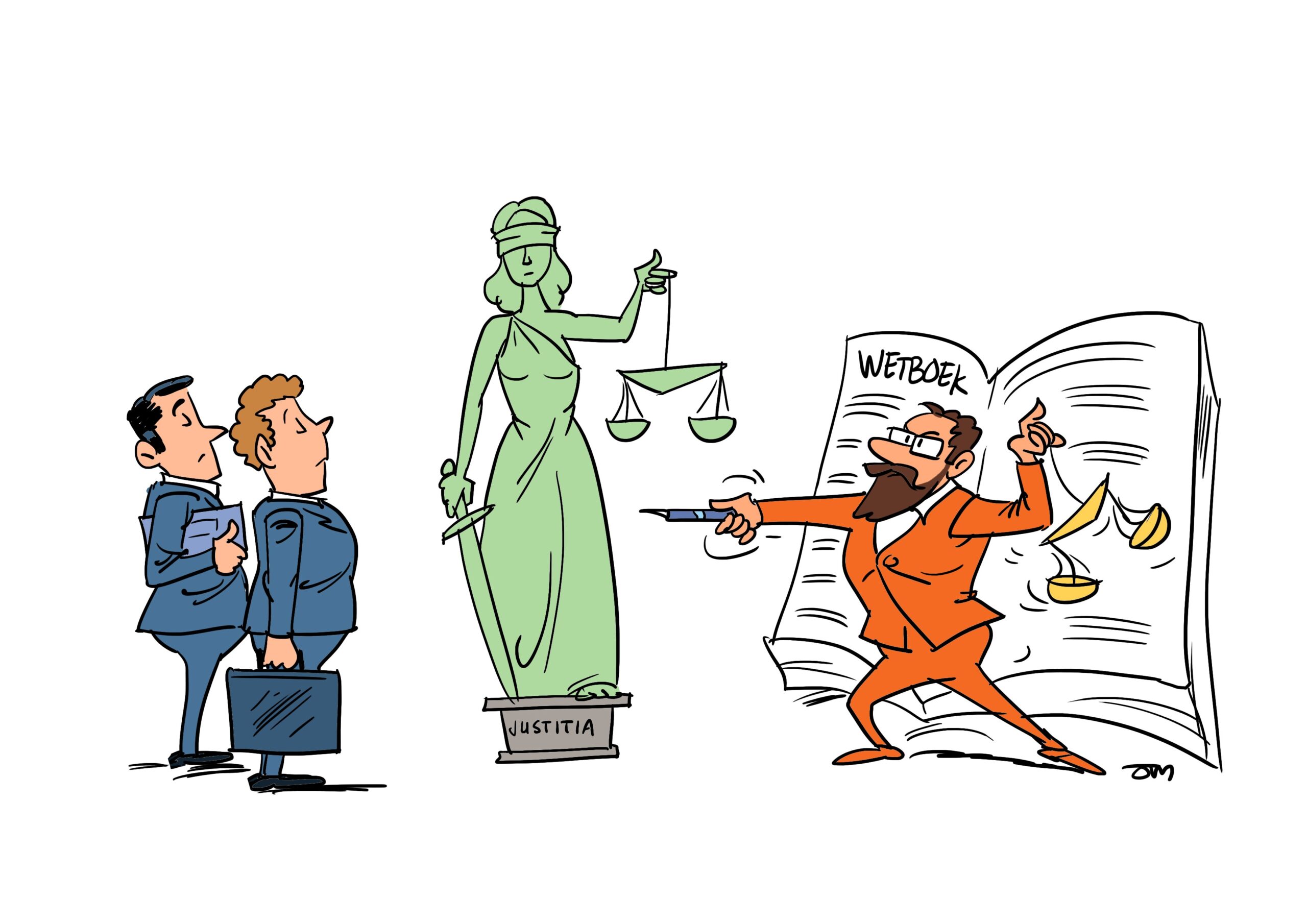When you are employed in the Netherlands, you are subject to Dutch wage tax and Dutch social premiums. You can avoid Dutch wage tax, if you qualify for the 183 day rule. That does not imply you do not pay personal income tax via wage tax withholding, but you do not pay Dutch wage tax, you pay the personal income tax in the home country.
What is the 183 day rule? In the tax treaties the Netherlands have there is mentioned in the employment article that you are not taxed in the Netherlands if you are less than 183 days in the Netherlands. This 183 day period can either relate to a 12 months period or to a calendar year.
Being less than 183 days in the Netherlands and being employed as a contract worker in the Netherlands, does not imply you automatically qualify for the 183 day rule. How come?
The 183 day rule is mentioned in the tax treaties. The tax treaties exist between countries to avoid double taxation or to determine what needs to be done in case of a fiscal conflict between the two countries.
The 183 day rule issue appears most of the time when a non Dutch contractor won a contract in the Netherlands for less than 183 days. The contractor starts working in the Netherlands, his or her company is registered with the Dutch tax office for wage tax purposes, and the 183 day rule is called in. However, this is rejected by the Dutch tax office on the following basis. The contractor works on an hourly charged contract with a company in the Netherlands. That company instructs this contractor what needs to be done and that makes these contract workers deemed employees. A (deemed) employee is subject to Dutch wage tax, hence there is no conflict that calls in the tax treaty, hence the 183 day rule cannot be applied.
When does the 183 day rule apply? The 183 day rule applies when there is no (deemed) employment. There is no deemed employment when the client only approves or not approves the work when it is done. This is the case when something physical is made such as a boat (small boat in 183 days) or anything else being build.
Is it a problem? We think it does not need to be a problem if you can obtain the 30% ruling. If you obtained the 30% ruling, we recommend not to be registered abroad at the same time. The 30% ruling makes the Dutch income tax rates competitive. However, if you remain registered abroad and you need to report your world wide income abroad, the 30% that is tax free in the Netherlands, becomes subject to tax abroad. This is not the case when you deregistered abroad and you have no obligation to file your world wide income abroad. For US nationals or greencard holders, who always remain liable to file US tax returns, this is not a problem, it even creates possibilities, please contact us to learn more about that.





